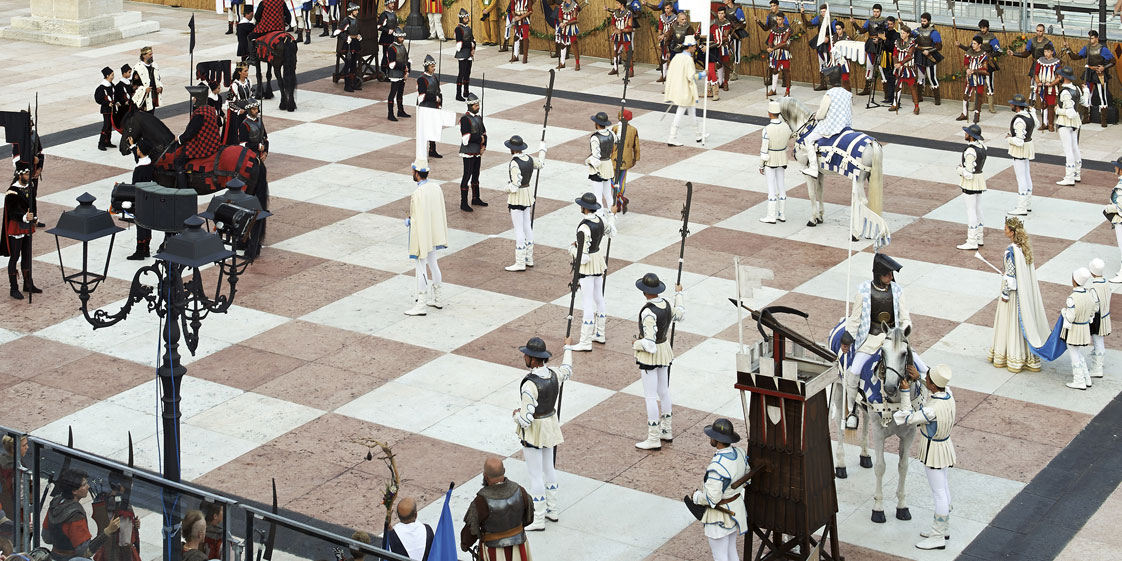The art. 11 of our Constitution establishes that “Italy repudiates war as an instrument of offense to the freedom of other peoples and as a means of settling international controversies; it allows, on equal terms with the other States, the limitations of sovereignty necessary for an order that ensures peace and justice among nations; promotes and favors international organizations aimed at this end”.
Since the end of the Cold War, the spread of conflicts that have seen the intervention of many states, including Italy, for humanitarian purposes or in any case different from the traditional ones, has re-presented the need to verify whether or not they comply with the Constitution. The war in Ukraine was no exception. According to some, Italy’s participation in the conflict, also through arms supplies, is contrary to the Constitution.
All words used in the article 11 have been carefully studied by the Constituent Assembly. Starting from that “repudiation” of war, which expresses a choice supported by a moral rejection of the war of aggression: something more than the simple “condemnation”, a formula that could lead to a purely political dissociation, and something less than the ” renunciation”, which not surprisingly appears in the Japanese Constitution on clear indication of the Americans. But above all what is the object of the repudiation? Any war? The Constitution is very clear in referring to the repudiation of the double hypothesis of war as an “instrument of offense against the freedom of other peoples and as a means of settling international disputes”. Instead, it admits war of defence, which in fact is presupposed in many other articles: the defense of the homeland as a “sacred duty of the citizen” (art. 52), the deliberation of a state of war by the Chambers (art. 78), the Supreme Defense Council and the declaration of a state of war by the President of the Republic (art. 87).
At this point the question arises whether the single war in which Italy has participated or participates falls within those object of the constitutional repudiation. The question cannot be resolved on the basis of the indications of the text alone, precisely because it dictates the conditions of openness to the international community that have been reported above. This means that the definitions of peace and war other than those object of the “repudiation” depend on what international law establishes after the Second World War starting from the establishment of the Charter of the United Nations and the subsequent evolutions of that order.
It must be considered that the art. 51 of the Charter recognizes the right of individual and collective self-defense in the event of an armed attack against a member of the UN. It is true that the condemnation of the Russian invasion of Ukraine, which in the General Assembly reached 141 votes in favour, 5 against and 35 abstentions, was not approved by the Security Council due to the veto placed by Russia. But can the justification of the Ukrainian reaction as self-defense be blocked by the aggressor state itself? And can the intervention of other states in support of Ukraine be considered illegitimate for the same reason? The supply of weapons can be one of the defensive responses, provided that they are proportionate and referable to an attack that certainly takes the form of an “offense against the freedom of other peoples”.
It is right to stop before helping to create a climate of crusade. But it is also possible to do it without losing the sense of proportion. When we read that we are not faced with the invasion of one state by another but with the clash between two regimes, we lose our sense of proportion. The same happens when we view the conflict in Ukraine as a clash of civilizations, and therefore, inevitably, of infidels against faithful. However, the case is different for those who look at the invasion, paying attention to its political, legal and economic consequences, without thereby claiming to close the debate on Western relations with Russia after 1989. In this case, one simply avoids a dangerous confusion between responsibilities that must be ascertained on different levels, and the search for a common language remains open.
